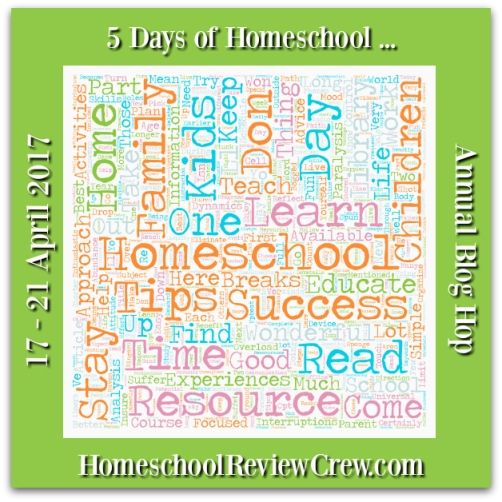また神かみは、すべての人ひとに、イスラエルの聖せい者じゃに対たいして完全かんぜんな信しん仰こうを抱いだきながら、悔くい改あらためて、神かみの御み名なによってバプテスマを受うけなければならないと命めいじておられる。そうでなければ、人ひとは神かみの王おう国こくに救すくわれない。
-ニーファイ第ニ書 9:24
Eliza Snow, later the [Relief] Society's second general president, fulfilled her stewardship as secretary [during Emma's presidency] when she faithfully recorded the activities and proceedings of the meetings held in Nauvoo. When the Saints abandoned Nauvoo in 1846, she included the priceless records among the few items she brought across the plains to the Salt Lake Valley. In Utah, when Brigham Young called her to reorganize the Relief Society among the units of the Church, she carried the records with her from ward to ward to help local priesthood leaders organize units of the Relief Society according to the order set forth by the Prophet Joseph.
-Women of Nauvoo, 6
The hardships of gathering also came to bear upon loved ones left behind who suffered because family members ventured afar. There is no measuring the last look of anguish on a mother's or sister's face as a family member began a long journey, never again to be seen. And there is no reason to doubt that the memory of that look stayed with the convert to the grave.
-Women of Nauvoo, 14
Though it may seem to savor of paradox, it is yet no exaggeration to say, that if we would find the quality in which we most notably excel the brute creation, we should look for it, not so much in our faculty of convincing as being convinced by the exercise of reasoning, as in our capacity for influencing and being influenced by the action of authority.
-Mr. Balfour, quoted Parents' Review 11:423
"Leaving land along doesn't work; the natives are overwhelmed by the invaders." Spot bulldozing is common across the country, even on land that is supposedly protected. "Much of this destruction is done out of expediency and ignorance," she said. She believe that people are unlikely to value what they cannot name. "One of my students told me that every time she learns the name of a plant, she feels she is meeting someone new. Giving a name to something is a way of knowing it."
-Last Child in the Woods, 41
The Muses were the daughters of Jupiter and Mnemosyne (Memory). They presided over song and prompted the memory. They were nine in number, to each of whom was assigned the presidence over some particular department of literature, art, or science. Calliope was the muse of epic poetry, Clio of history, Euterpe of lyric poetry, Melpomene of tragedy, Terpsichore of choral dance and song, Erato of love poetry, Polyhymnia of sacred poetry, Urania of astronomy, Thalia of comedy.
-Bulfinch's Age of Fable, 7

Eliza Snow, later the [Relief] Society's second general president, fulfilled her stewardship as secretary [during Emma's presidency] when she faithfully recorded the activities and proceedings of the meetings held in Nauvoo. When the Saints abandoned Nauvoo in 1846, she included the priceless records among the few items she brought across the plains to the Salt Lake Valley. In Utah, when Brigham Young called her to reorganize the Relief Society among the units of the Church, she carried the records with her from ward to ward to help local priesthood leaders organize units of the Relief Society according to the order set forth by the Prophet Joseph.
-Women of Nauvoo, 6
The hardships of gathering also came to bear upon loved ones left behind who suffered because family members ventured afar. There is no measuring the last look of anguish on a mother's or sister's face as a family member began a long journey, never again to be seen. And there is no reason to doubt that the memory of that look stayed with the convert to the grave.
-Women of Nauvoo, 14
Though it may seem to savor of paradox, it is yet no exaggeration to say, that if we would find the quality in which we most notably excel the brute creation, we should look for it, not so much in our faculty of convincing as being convinced by the exercise of reasoning, as in our capacity for influencing and being influenced by the action of authority.
-Mr. Balfour, quoted Parents' Review 11:423
"Leaving land along doesn't work; the natives are overwhelmed by the invaders." Spot bulldozing is common across the country, even on land that is supposedly protected. "Much of this destruction is done out of expediency and ignorance," she said. She believe that people are unlikely to value what they cannot name. "One of my students told me that every time she learns the name of a plant, she feels she is meeting someone new. Giving a name to something is a way of knowing it."
-Last Child in the Woods, 41
The Muses were the daughters of Jupiter and Mnemosyne (Memory). They presided over song and prompted the memory. They were nine in number, to each of whom was assigned the presidence over some particular department of literature, art, or science. Calliope was the muse of epic poetry, Clio of history, Euterpe of lyric poetry, Melpomene of tragedy, Terpsichore of choral dance and song, Erato of love poetry, Polyhymnia of sacred poetry, Urania of astronomy, Thalia of comedy.
-Bulfinch's Age of Fable, 7



































